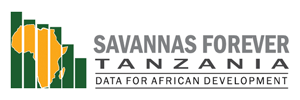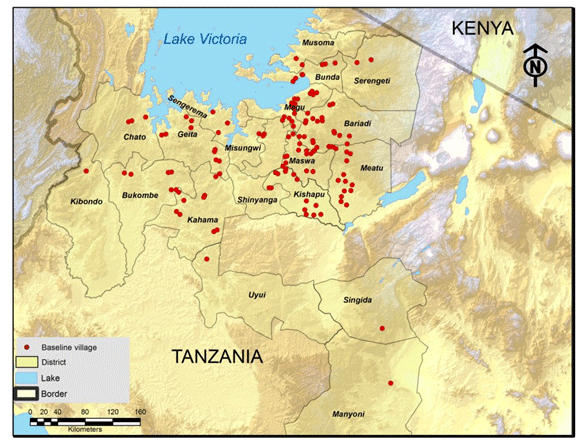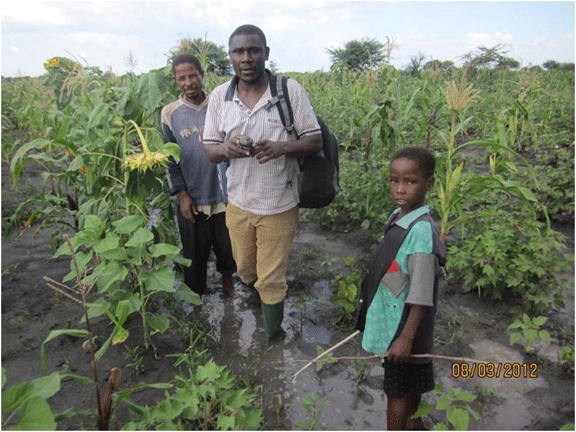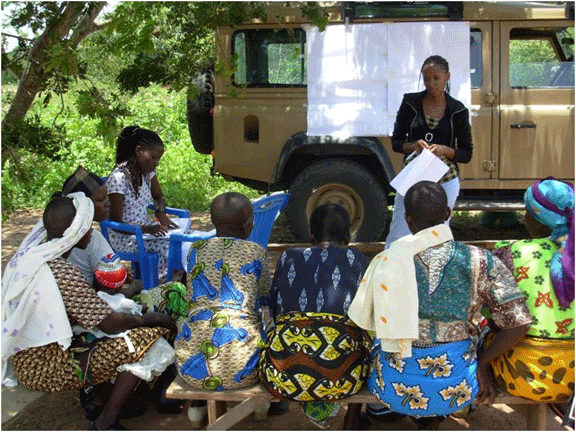Gatsby Charitable Foundation – Cotton Farming
Large-Scale Baseline Study for The Gatsby Foundation Provides A Holistic View of the Tanzanian Cotton Industry
“Our work with Savannas Forever on the baseline study went beyond our expectations. Our programme aims to transform the Tanzanian Cotton Sector so we needed a local organization with the expertise and insight to provide information readily accepted by Tanzanian stakeholders and policy makers.
We wanted a large-scale study across the western cotton zone with a sufficient sample size to reliably measure cotton yields. SFTZ had the capacity to manage multiple field teams and collect household and community-level data. SFTZ completed the project cost-effectively and we now use the baseline indicators as the foundation for Programme monitoring and evaluation.”
Ian Anderson, Africa Programme Manager, The Gatsby Charitable Foundation
Background: The Gatsby Charitable Foundation initiated a major long-term Programme to transform Tanzania’s cotton sector, doubling yields for 400,000 cotton farmers. The transformation includes major policy work on pricing, quality, and agricultural input finance. After a successful three-year pilot, the Foundation and its partners scaled up the program to cover the western cotton zone and needed a comprehensive household baseline study to provide starting measures for the monitoring and evaluation program.
The Challenge: The Programme needed accurate starting measures of cotton yields, prices and household cotton income as well as a holistic understanding of the industry and beneficiaries. The Foundation aimed to create a learning agenda for industry leaders, farmers, ginners and Programme staff from multiple perspectives.
The Process: SFTZ executives interviewed industry experts, ginners and Programme leaders to better understand the key questions from multiple perspectives. Co-PIs Prof. Ken Leonard, PhD Agricultural Economics and Susan James, SFTZ Executive Director worked with experts from the World Bank, the Department for International Development (DFID) and the Tanzanian National Bureau of Statistics (NBS) to design the survey tools to included elements of the National Panel Survey (NPS) so findings could be compared to existing national-level data.
The field team collected data from over 1,500 farmer households in 130 villages to develop impact-level indicators on household demographics, wealth and food security, and project-specific measures of new seed and input usage, quality and access to extension services and the percentage of farmers who had adopted conservation farming techniques. SFTZ staff conducted key informant interviews of village leaders in each village and interviewed the District Agricultural Officers in participating areas. Two-person teams facilitated men’s and women’s value-chain analyses in each district to provide insight into youth and gender roles and access to information and training.
Lazaro Matoke, SFTZ field team leader, measures household cotton plots using GPS. Analysts later compared farmer estimates to the GPS readings and found that farmer estimates averaged 10% higher than GPS measurement. The Programme required highly accurate plot-size measurement to set indicators for crop yields.
Anna Andrews, SFTZ enumerator, facilitates a value-chain gender analysis. The group describes their role during each phase of cotton cultivation and if they participated in extension training, contract farming or had access to inputs.
The Result: The mixed methods SFTZ used allowed our analysts to compare responses across different sources to check for consistency, and to prepare a comprehensive analysis of the industry from different perspectives.
Principal Investigator (PI) Prof. Ken Leonard, PhD presented new information on the dynamics of household cotton cultivation, yields, pricing and income to key stakeholders in the Tanzanian cotton sector and to Lord David Sainsbury, founder of the Gatsby Foundation. The study provided a new foundation for evidence-based policy making by the senior levels of the government and private sector manufacturers and distributors. The Programme staff uses the baseline measures as the base of its monitoring and evaluation program.




